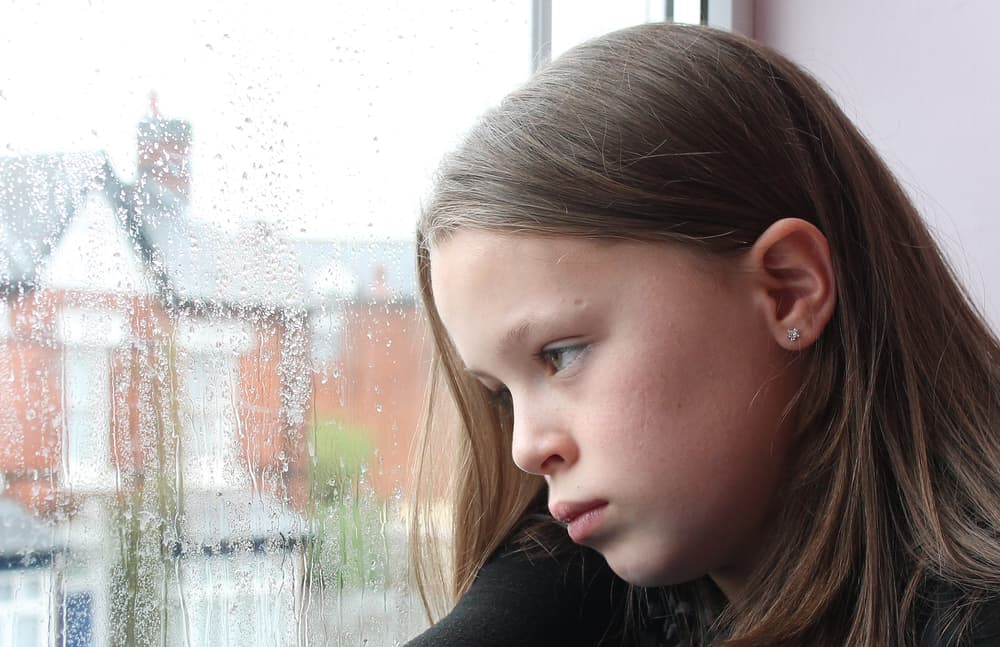Children and young people’s mental health has worsened considerably since the COVID-19 pandemic hit the UK, official NHS data has shown.

In 2017, one in nine children aged between six and 16-years old had a probable mental health problem, but this has risen to one in six in 2021. In 17-19 year olds, one in 10 young people had a probable mental health problem in 2017 which has risen to one in six young people in 2021.
“Rates in both age groups remained similar between 2020 and 2021,” said the report.
The report is the second wave 2 in a series of follow up reports to the Mental Health and Young People Survey (MHCYP) 2017, exploring the mental health of children and young people in February/March 2021, during the Coronavirus (COVID-19) pandemic and changes since 2017. Experiences of family life, education, and services during the COVID-19 pandemic are also examined.
The survey found:
- 39.2% of six to 16 year olds had experienced deterioration in mental health since 2017, and 21.8% experienced improvement.
- Among 17 to 23 year olds, 52.5% experienced deterioration, and 15.2% experienced improvement.
- The proportion of children and young people with possible eating problems increased from 6.7% in 11 to 16 year olds in 2017 to 13.0%.
- Probable eating disorders in 17-19 year olds rose from 44.6% in 2017 to 58.2% in 2017.
- A quarter (28.7%) of 6 to 10 year olds had problems sleeping on three or more nights in the previous seven.
- over a third (38.4%) of 11 to 16 year olds experienced sleep problems for more than three nights in seven.
- Over half (57.1%) of 17 to 23 year olds experienced sleep problems.
- Across all age groups, problems with sleep were higher in those with a probable mental disorder.
The survey also revealed that 10.6% of 6 to 16 year olds missed more than 15 days of school during the 2020 Autumn term. However, children with a probable mental disorder were twice as likely to have missed this much school (18.2%) as those unlikely to have a mental disorder (8.8%).
It also revealed that the proportion of 6 to 16 year olds with a laptop or tablet they could work on at home increased from 89.0% in 2020 to 94.4% in 2021. The proportion receiving regular support from school or college also increased, from 73.7% in 2020 to 79.9% in 2021.
Leila Reyburn, Policy and Campaigns Manager, said: “It is sad but unsurprising that 1 in 6 young people are still experiencing a mental health problem, up from 1 in 9 before the pandemic (2017). We know from speaking to young people that they have had to bear the brunt of this difficult time - with disruption to their education, finances and employment and a bleak outlook for their futures.
“With a record number of under 18s seeking mental health support through the NHS, Mind is calling on the UK government to invest in early intervention hubs in communities and give the NHS sufficient funding to meet demand. Without this, these statistics are unlikely to change.”


